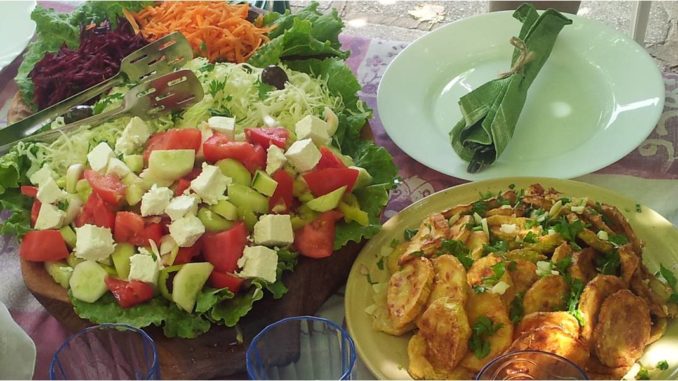
Why local food matters
A conference on “Finding the right balance between hygiene rules, small scale production and quality”. […]

A conference on “Finding the right balance between hygiene rules, small scale production and quality”. […]
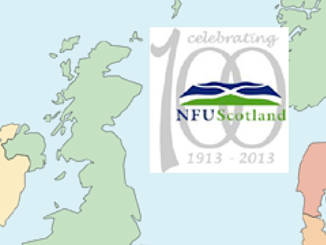
The National Farmers’ Union of Scotland has written to the Scottish cabinet secretary to urge a fair hearing for the country’s arable sector under the new CAP. […]

Is the path to hell paved with good intentions? Will a supposedly better regulation actually lead to a tiny or a more apt organic sector? […]
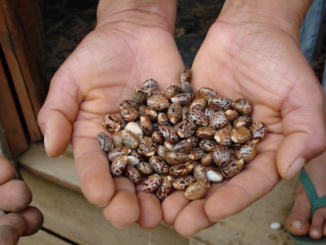
A play-by-play of the proposed new legislation on the marketing of seeds. […]

Young farmers protest in Spain. […]

Dear friends and supporters, To say 2014 has been exciting and busy so far would be putting it lightly. We started January off with one of the biggest demonstrations in Germany in years! 30,000 of us – thousands of farmers, 70 tractors, concerned citizens of all ages in all sorts of costumes, and a clatter of marching bands – protested under the slogan ‘We are fed up!’ (or ‘Wir haben es satt!’ in German), demanding better food and agriculture and clearly stating that the industrialized food system is not the system we want. Seeing such a big turnout for this cause – up on last year – was extremely energizing and inspiring. We will need all this energy in the next few weeks, as we have just launched a campaign to save the Ecological Focus Areas – one of the last hopes of a greener CAP – from toxic pesticides. More on the demo and this new campaign below.Its also a big time at EU level for seeds: 11th February sees the Committee for Agriculture vote on the European Commission’s controversial proposal. Indications are that this could be good news […]
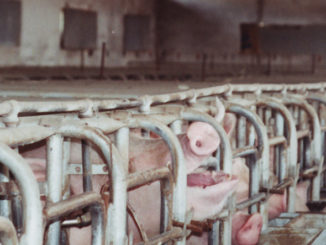
This alarming message is coming from the only microbiologist in Congress in response to a newly released FDA regulation. […]

Today, citizens protested outside of the German chancellery ahead of next week’s European Commission vote on the matter. […]
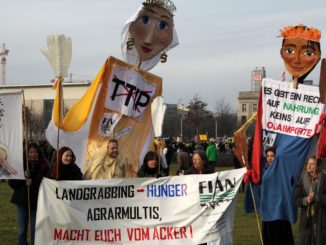
The threats the secretive EU-U.S. Free Trade negotiations pose to Romanian peasants and farmers. […]
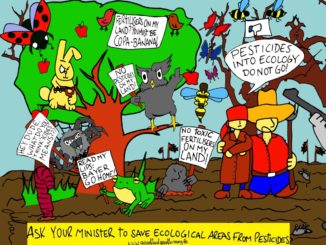
23 Ag Ministers want to destroy the last of greening in the CAP. Here’s how we can stop them. […]
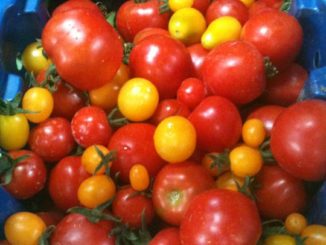
The five types of gardener, and how knowing them could lead to more sustainable food production […]
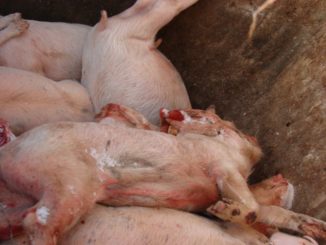
Following an outbreak of the African swine fever virus in Lithuania, Russia has stopped all imports of pork from EU countries on January 31. […]

Farmers and growers have saved seeds since farming and growing began. Seeds are a core and essential part of many farming systems, and farmers’ ownership and control of seeds – seeds they save, open pollinated seeds, and an apt, varied range of seeds for both food security and food sovereignty – is one of the biggest agri-food issues of our times. The nexus of the problem is this: a small handful of agri-food and chemical giants have significant control of the ever tightening seed market. Meanwhile small farmers, gardeners and growers are finding it more and more difficult to save and access seeds. These are also threats to seed saving, often under the guise of supposed improvements in efficiency, performance and safety. When legislation is written with the interests of the major corporations involved in seeds in mind, it inevitably ends up promoting a business-as-usual model of limited varieties, use of pesticides, GM and other agri-industrial inputs and processes. Organic and other alternative ways of dealing with seeds sometimes have different needs – e.g. organic […]
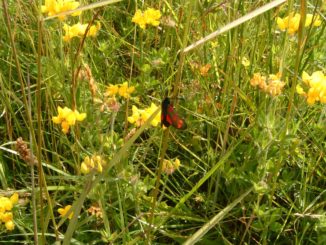
PAN, WWF, IFOAM, BirdLife, EEB & ARC2020 tell the Commission keep pesticides out of EFAs! […]
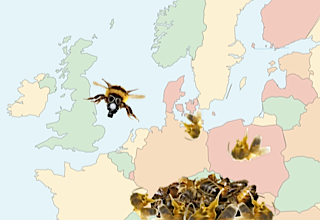
Of the 41 European countries studied, barely half had enough honeybees to pollinate more than 90% of their crops. […]
Agricultural and Rural Convention